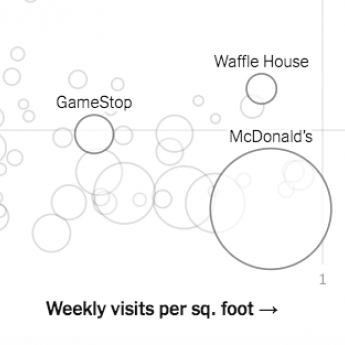Sendhil Mullainathan
https://www.chicagobooth.edu/faculty/directory/m/sendhil-mullainathan
Sendhil Mullainathan’s current research uses machine learning to understand complex problems in human behavior, social policy, and especially medicine, where computational techniques have the potential to uncover biomedical insights from large-scale health data.
In past work he has combined insights from economics and behavioral science with causal inference tools—lab, field, and natural experiments—to study social problems such as discrimination and poverty. Papers include: the impact of poverty on mental bandwidth; how algorithms can improve on judicial decision-making; whether CEO pay is excessive; using fictitious resumes to measure discrimination; showing that higher cigarette taxes makes smokers happier; and modeling how competition affects media bias. His current work focuses on computational medicine, including a study on racial bias in algorithms administering high-risk health care management programs.
He recently co-authored Scarcity: Why Having Too Little Means So Much (2013) and writes regularly for The New York Times. Additionally, his research has appeared in a variety of publications including the Quarterly Journal of Economics, Science, American Economic Review, Psychological Science, the British Medical Journal, and Management Science.
Prof. Mullainathan co-founded ideas42, a non-profit to apply behavioral science, and the Abdul Latif Jameel Poverty Action Lab, a center to promote the use of randomized control trials in development.








